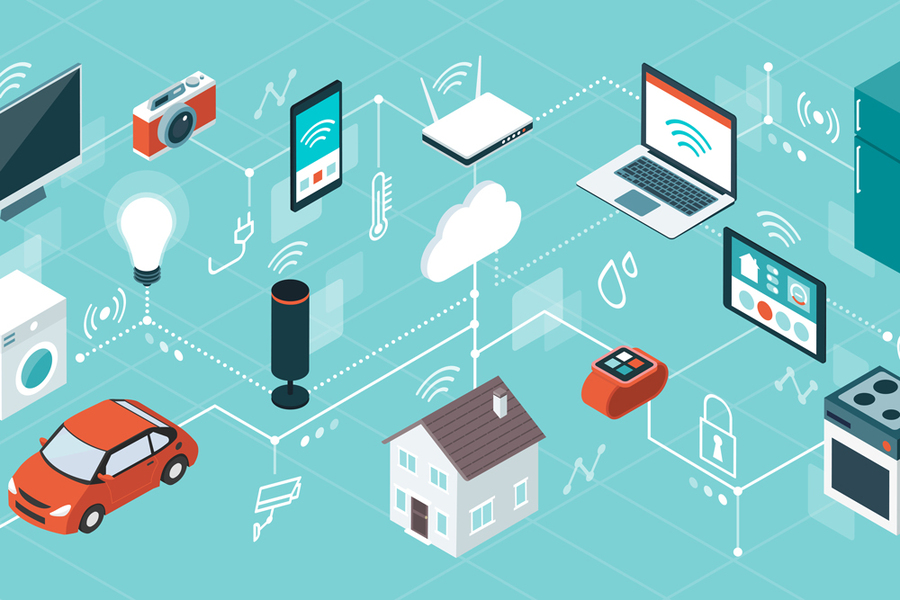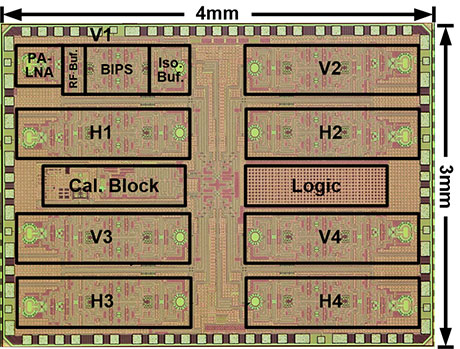
Advance could enable AI on household appliances while enhancing data security and energy efficiency. A new system brings machine learning to microcontrollers. The advance could enhance the function and security of devices connected to the Internet of Things (IoT).
Deep learning is everywhere. This branch of artificial intelligence curates your social media and serves your Google search results. Soon, deep learning could also check your vitals or set your thermostat...
Read More









Recent Comments